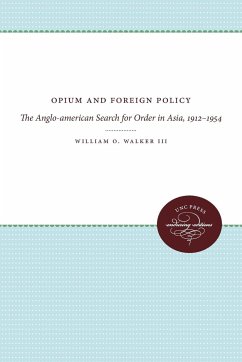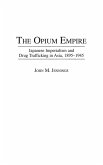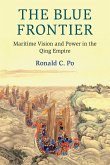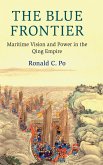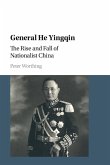William Walker traces British and American attempts to control the Asian opium trade from the fall of the Manchu dynasty in China in 1912 to the French withdrawal from Indochina in 1954. Analyzing the moral, cultural, economic, political, diplomatic, and security aspects of drug control, Walker argues that the fight against opium played a significant, and virtually unexamined, role in Anglo-American relations and security interests in the region. Throughout much of China and Southeast Asia, many farmers had cultivated opium for generations, and at times survival itself seemed to depend upon the market for the poppy crop. Before World War II, the British tolerated the deeply entrenched culture of the poppy in China in order to safeguard their economic and political interests. Conversely, the Americans, who had far less at stake in Asia strategically or economically, consistently opposed the opium trade. During the war, the United States defined opium as a strategic commodity and tried to restrict Japanese access to it. Following the war, American hopes of limiting the Asian drug trade were thwarted by civil war in China. Finally, as the Cold War spread to Southeast Asia in the 1950s, drug control was subordinated to Western security concerns in the fight against communism. Basing his study upon extensive archival research in British and American sources, Walker shows that the chances for opium control were never good and that ultimately the search for order in Asia on Western terms failed. United States drug-control officials, Walker contends, must share in the blame for that failure. Originally published in 1991. A UNC Press Enduring Edition -- UNC Press Enduring Editions use the latest in digital technology to make available again books from our distinguished backlist that were previously out of print. These editions are published unaltered from the original, and are presented in affordable paperback formats, bringing readers both historical and cultural value.
Hinweis: Dieser Artikel kann nur an eine deutsche Lieferadresse ausgeliefert werden.
Hinweis: Dieser Artikel kann nur an eine deutsche Lieferadresse ausgeliefert werden.

